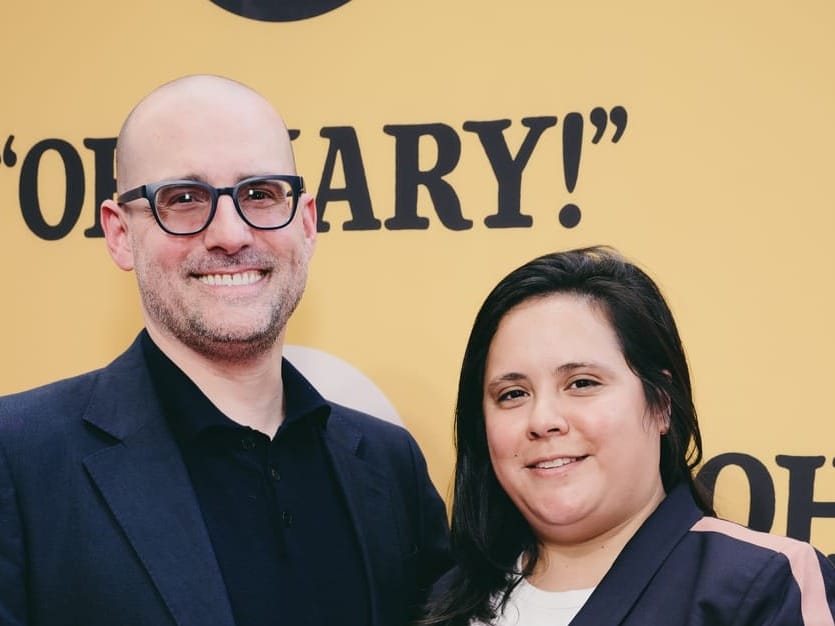A play as uncommon, and uncanny, as Lucas Hnath’s “Dana H.” requires an actor of, well, uncommon and uncanny talents. Deirdre O’Connell is just such an actor.
Something of a grande dame of Off Broadway — although I suspect she’d roll her expressive eyes at the notion — O’Connell here gives a performance that seamlessly blends an extraordinary technical acting challenge with the earthiness, plucky everywoman humanity and the subtle spirituality that have often been hallmarks of her work. Both play and performance are a gift we are lucky to receive, as this Broadway season shapes up to be a landmark one for its presentation of unconventional new plays and revelatory performances.


























































